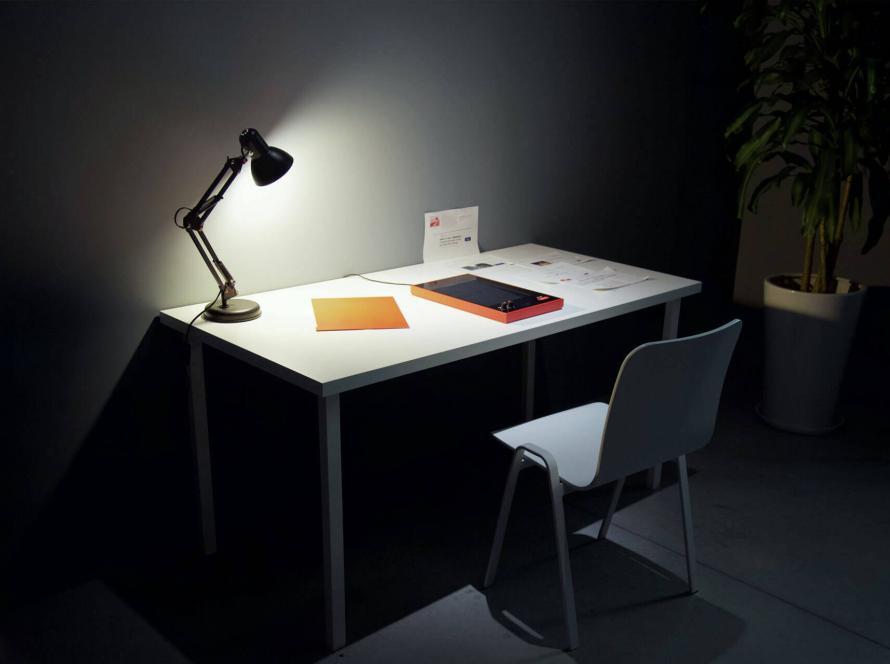The numerous mental health issues that can result from working remotely have come to light in the wake of the post-pandemic era. Working from home may cause low productivity, severe burnout, anxiety, stress, insomnia, and a host of other negative effects.
Working from home became a common ideology for many offices. They reduce the daily running cost that being in a physical office accrues. But humans are social beings with an innate desire to interact; working from home for prolonged periods can lead to depression for some. The experience of working from home varies by population. Some studies have found that working from home has positive health outcomes such as reduced stress, burnout, and fatigue and increased general happiness and quality of life. Other studies have found negative effects of working from home on the general psychological well-being and work-life balance of some people. However, the mechanisms underlying these effects are not always clear and are affected by various individual and environmental factors.
Depression is a mental illness that affects your mood, understanding of yourself, and understanding of your relationship with the world around you. It may also be called clinical depression, major depressive disorder, or major depression.
Some of the symptoms of depression include:
- Think, move, and speak slowly.
- Give up on personal hygiene and grooming.
- Having difficulty eating or overeating, combined with weight gain or loss.
- Quickly become agitated or cry uncontrollably.
- Suicidal thoughts or actions, or a lack of interest and enjoyment in activities you used to find pleasurable
If, unfortunately, you fall within the spectrum of those who are slipping into depression as a result of working from home, all hope isn’t lost. Flexible offices are here to save you!
Flexible Offices
Flexible workspaces can come in different shades and forms. Flexible office space, also known as flex space, is an umbrella term for several types of workspace, including:
- Serviced offices
- Serviced private offices
- Managed offices
- Shared workspaces
- Co-working spaces
- Hot desks
A flexible workspace has been linked to mental health in various ways. For example, having the freedom to work when and where one wants can improve focus and productivity. Adapting the workspace to individual needs can also help reduce stress and increase overall happiness. A co-working space has all the amenities required for a workplace. Additionally, it has play areas, and the management can organise events to relieve workplace stress. It has a relaxed atmosphere where people can mingle with staff from other businesses. Such interactions give room for opinions to be shared and lessons drawn from the wide range of knowledge banks others have.
Additionally, interacting with others and discussing issues will reduce stress and improve mental health.
How Does a Flexible Office Contribute to Better Mental Health?
- Environment Change and Flexibility
A great way to break off the monotony and pull yourself out of a depressive rut is to have the option to jolt your routine. Even though working from home is convenient and maybe a pleasant way to spend some of your work days, going to a co-working space a few days a week can give your week structure and give you something to hope for firmly. In addition, co-working workplaces facilitate the transition to flexible work. You might start early or stay late, depending on your most productive work hours and plans.
- Gain Better Work-Life Balance
Setting boundaries between work and life outside work are important. Working remotely can blur the distinction between them since you work where you also eat and sleep. As a result, you might overwork yourself without realising it, which could result in burnout. The best way to overcome this difficulty is to use co-working spaces to achieve work-life balance. While working from a shared office, it’s simpler to establish a routine and keep track of time. You can plan your day, take advantage of dedicated workspaces and quiet areas, and use shared offices’ focus-raising features. All of these factors enable you to have an organised work life, improving your personal life.
- A productive workplace
Shared workspaces today are probably built with convenience in mind. The amenities you need to increase productivity are all available in shared offices, including well-stocked desks, comfortable furniture, designated meeting rooms, recreation areas, communal spaces, and cafeterias. As a result, you accomplish various tasks, giving you plenty of time for your personal life.
What Is Included in Flexible Office Space?
The amenities provided by a flexible office vary by location. Still, in general, they include all of your office necessities, such as furniture, cleaning services, high-speed internet, and security personnel, to name a few.
Furthermore, most professionally serviced and managed offices provide additional amenities. Here are some examples:
- Conference rooms
- Breakout area
- Kitchens
- Special event space
- Fitness facilities
- Toilets and showers
- Wellness and fitness programmes
How Do I Locate a Flexible Office Space?
Glendale, as an expert in all flexible office solutions, can assist you in finding the ideal office space for your company. We’ve created the perfect office space marketplace that allows you to search and compare the entire flexible office market. We have locations in Victoria Island, Ikoyi, Ikeja and Lekki.
In conclusion, flexible offices eliminate the hassle of office management by having another company manage utilities and the day-to-day running of the building, with costs simplified into a single all-inclusive monthly fee.

